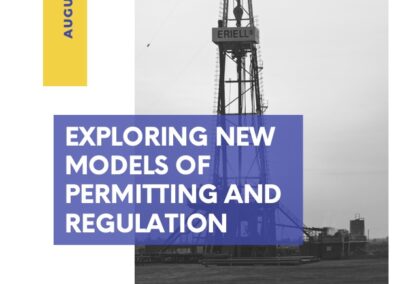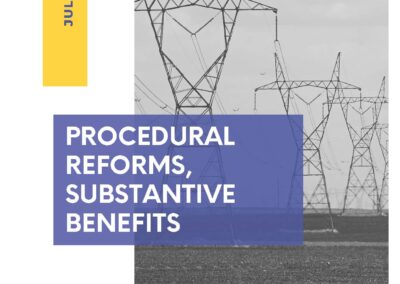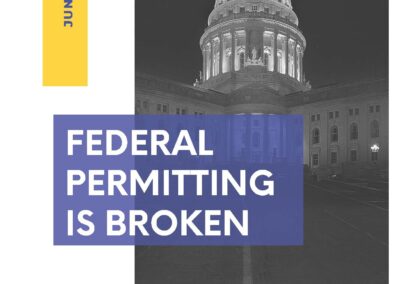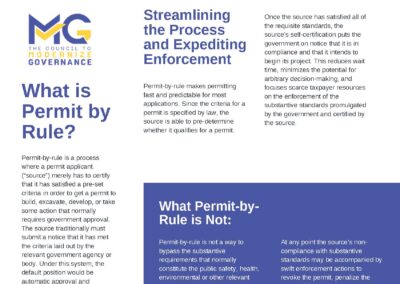
Using new technologies to extend common law principles for better administration of property rights.

This year, Congress has made a concerted effort to make regulatory reforms, such as changes to the National Environmental Policy Act (NEPA) and federal permitting reform. One common criticism of such efforts is that they would worsen environmental standards.

Using new technologies to extend common law principles for better administration of property rights.

Thankfully, the U.S. Supreme Court has corrected a frustrating decision by the Fourth Circuit. For nearly eight years, the Mountain Valley Pipeline (MVP) has been caught in the morass of the administrative process associated with getting a federal permit.
In the past few weeks, the explosive contents of an email sent by former chief medical adviser and COVID guru Anthony Fauci, discussing the possible origins of COVID-19, have come to light. - The Hill

Critics of regulatory reforms sometimes suggest that efforts to streamline the process are really backdoor efforts to undermine the underlying standards those procedures enforce.

Let's de-French our dependence on government. Historically in the West, there were two philosophical approaches to government.

“A democratic society requires an informed, intelligent electorate, and the intelligence of the electorate varies as the quantity and quality of its information varies.”2

Now that the dust has settled on the so-called “Debt Ceiling Bill,” it is time to reflect upon the significance of the permitting reform provisions included in the bill.

This paper outlines critiques of the current federal permitting system. It analyzes the recent attempts at reform, discusses the American philosophy of governance to show the place of permitting within the broader scope of regulation, and explores the history of the regulation of three industries.

Download Primer here
https://modernizegovernance.org/wp-content/uploads/2023/05/MG-PBR-Primer-13.pdf
Imagine spending the money, time, and effort to build a new home only to have federal bureaucrats inform you that if you backfill your property with dirt and rocks, you must either pay hundreds of thousands of dollars in fines or risk becoming a criminal.
No results found.
